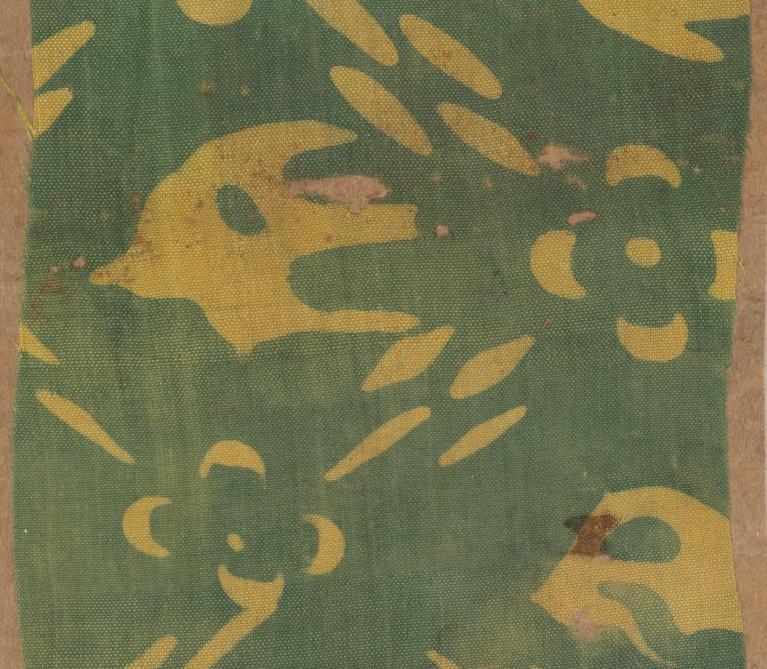Workshops
Japan’s Shōsōin and the Making of Manuscripts, Treasures, and Archives
Convened by Bryan Lowe (Princeton University) and Akiko Walley (University of Oregon)
Organized by the Center for Culture Society and Religion

Knowledge takes tangible forms. Books and artworks do not simply convey information; they also embody technical knowledge such as papermaking or weaving and manifest the processes of thinking that enable an object’s production. This conference looks at the relationship between material goods and knowledge through the lens of the Shōsōin, an eighth-century treasure house located near the Tōdaiji monastery in Nara, Japan. The Shōsōin houses over 9,000 objects and around 10,000 documents from the eighth century and earlier, making it one of the most important collections of texts and art in the premodern world. Its treasures include not only domestically produced goods, but also items from the Korean peninsula, Tang China, Sasanian Iran, and beyond. Its manuscripts are mostly from a single institution: an eighth-century office for copying Buddhist scripture. This makes the Shōsōin among the richest archives and the Tōdaiji Sutra Copying Office, whose records it preserves, likely the best-documented scriptorium in the medieval globe
